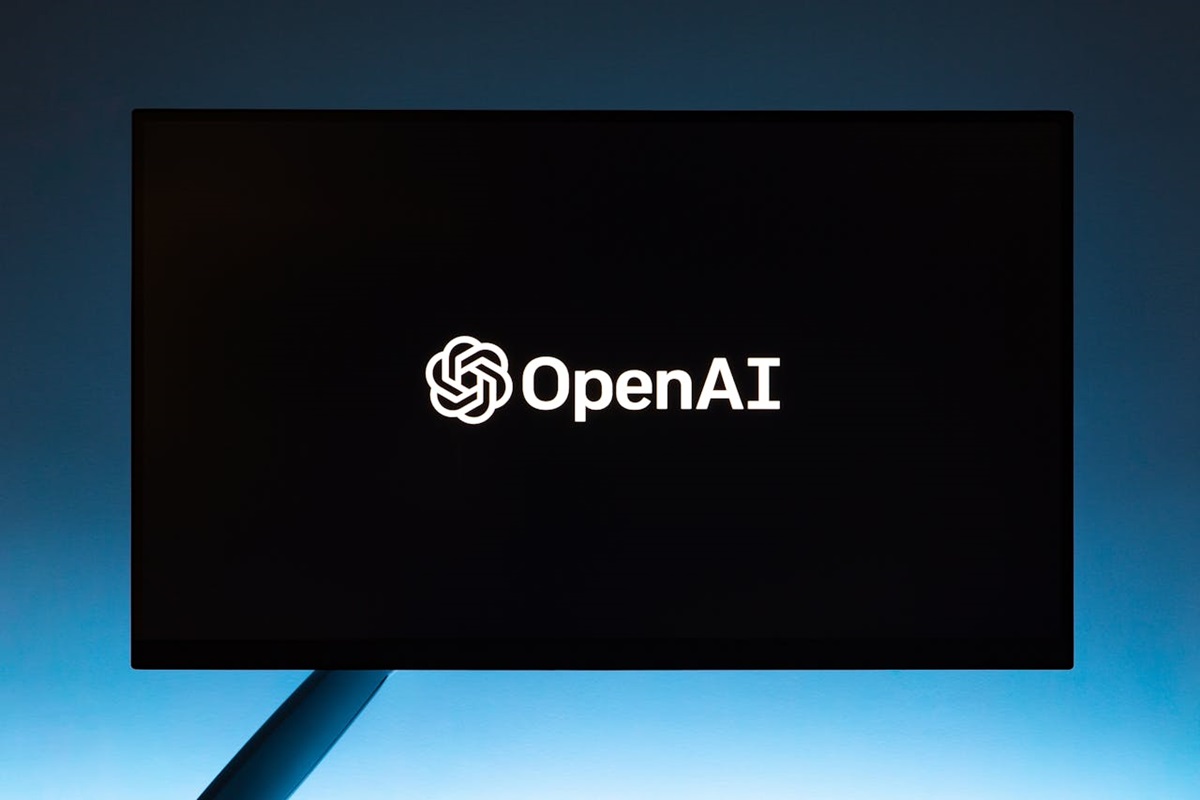OpenAI has launched an artificial intelligence system called Sora, which can generate realistic videos based on text prompts from users.

It is worth noting that the mentioned digital product was first publicly demonstrated almost 10 months ago.
Starting Monday, December 9th, Sora is available to paid users of chatbot ChatGPT in the United States and several other countries. This artificial intelligence system can generate videos up to 20 seconds long. It is also noteworthy that Sora offers users different versions of the mentioned visual content.
To a large extent, the specified artificial intelligence system is a kind of factor in strengthening the competitiveness of OpenAI. In this context, it is worth mentioning that there is currently an increase in the number of startups in the area of machine intelligence which offer consumers tools for fast and relatively cheap video generation. The abilities of artificial intelligence as a kind of author of the mentioned content are what can be called a significant segment of the competition space in the AI industry. It is worth noting that competition has been increasing in the specified industry as a whole lately. This is a natural tendency to the maximum extent since artificial intelligence has significant capabilities and potential, which have already been partially implemented in the plane of practical use and partially belong to the category of prospects of the future. AI can fundamentally transform such dimensions of the space of existence of human civilization as economic, social, and cultural. The ability of artificial intelligence to generate original content in the form of text materials, audio, and video makes it an important function in the digital environment, which is gradually becoming a solid component of the structure of the matter of the being. From the point of view of some theories and concepts of a large-scale philosophical understanding of the world, perhaps the digital dimension of human reality is not what can be called a manifestation of the true nature of the Universe, but it is obvious that human life as a functional process already has a significant virtual part.
As noted by the media, artificial intelligence as a tool for generating videos can potentially upend the livelihood of many in Hollywood. Among the companies offering appropriate virtual functional solutions are Pika, Haiper, and Runway. It is worth noting separately that Runway has partnered with the studio to train a new model of artificial intelligence and explore how AI technologies can be used in the area of filmmaking.
OpenAI first demonstrated Sora in February. After that, the company began to actively interact with film studios, media executives, and talent agencies. OpenAI also provided access to Sora to some artists, directors, and actors so that they could try out this digital product.
It is worth noting that at the initial stage, the video generation tool had clear constraints. During testing, the media recorded that Sora has certain difficulties with the visual reproduction of individual body parts and does not show the best results in the context of displaying real physics in the video content space. Moreover, it was observed that the task execution time and the amount of computing power, in this case, exceeded similar indicators of the image generator and chatbot from OpenAI. It is worth noting that the mentioned features do not apply to the version of Sora launched in December.
At the initial stage, access to the video generation tool will continue to be limited. OpenAI chief executive officer Sam Altman said that those who pay $20 per month for a ChatGPT Plus subscription will be able to create 50 videos monthly. Also, according to him, users who pay $200 per month for a ChatGPT Pro subscription will have unlimited access to slower generations and the possibility to generate 500 videos at a higher speed.
It is worth noting that in most European countries, consumers will not be able to interact with Sora. The reason for the lack of access in this case is tougher technical regulations.
OpenAI stated that Sora can generate videos not only based on text prompts. In this case, still images and videos can also be used. For example, a consumer can upload a video clip that Sora will spit out footage to lengthen it.
The video generation tool also has an option called Storyboard. In this case, users can write out what they want to happen at different points in a video to better direct a sequence of clips. It is also possible to explore a feed of videos created by other consumers.
So far, it is impossible to answer the question of whether artificial intelligence will become a kind of platform for the fundamental transformation of the film industry. At the same time, it is already obvious that the corresponding probability is not minimal.
It is worth noting that during the period of active development of artificial intelligence and intensive scaling of its capabilities, the issue of cybersecurity is relevant. Criminals who carry out activities in the virtual space have access to appropriate technologies, which is why their activities have become more sophisticated. To counteract the corresponding threat in the cyber environment, personal awareness of users is important. For example, a query in an Internet search system, such as how to know if my camera is hacked, will allow anyone to get information about signs of unauthorized access to a personal device. Digital literacy is an effective tool to combat cybercrime. At the same time, relevant knowledge should be updated periodically, as technologies constantly evolve. Cybercriminals are closely monitoring progress. At the same time, this does not mean that technological evolution is harmful. Technologies have many scenarios of constructive use, the necessity and usefulness of which cannot be canceled by the negative practice of applying the relevant achievements of the development of human civilization by the criminal world. Also, in this case, the same tool can eliminate its potential harm. For example, artificial intelligence can fight cybercrime algorithms that are based on AI capabilities.









